Finding a real apartment online can feel exciting and risky at the same time. Scammers post fake listings to grab deposits and personal information. Learning to spot red flags helps you avoid scams and focus on genuine opportunities. From rent that is too low to missing landlord details, certain warning signs appear again and again. Below are twelve common red flags in apartment ads that signal a listing might be fraudulent. Knowing these tips saves time, money, and stress in your search.
1. Unrealistic Low Rent

Watch out for listings with rent well below market rates. Scammers lure renters with deals that seem too good. They rely on excitement to skip proper research and get deposits fast. Always compare similar units in the same neighborhood before contacting an advertiser. A rent figure drastically lower than comparable listings is a major warning sign. Collect multiple listings for side-by-side comparison and question any offer that stands out as unrealistically cheap.
2. No Detailed Photos

Listings without clear images or with a single generic photo can be suspect. Scammers often repost stock or stolen photos to avoid showing a real unit. When you see only one blurry image there is no proof the apartment exists. Real listings include pictures of multiple rooms and building features. If you find only a single or unclear photo request more images. A lack of genuine photos usually means the advertiser is hiding something.
3. Vague or Broken Address
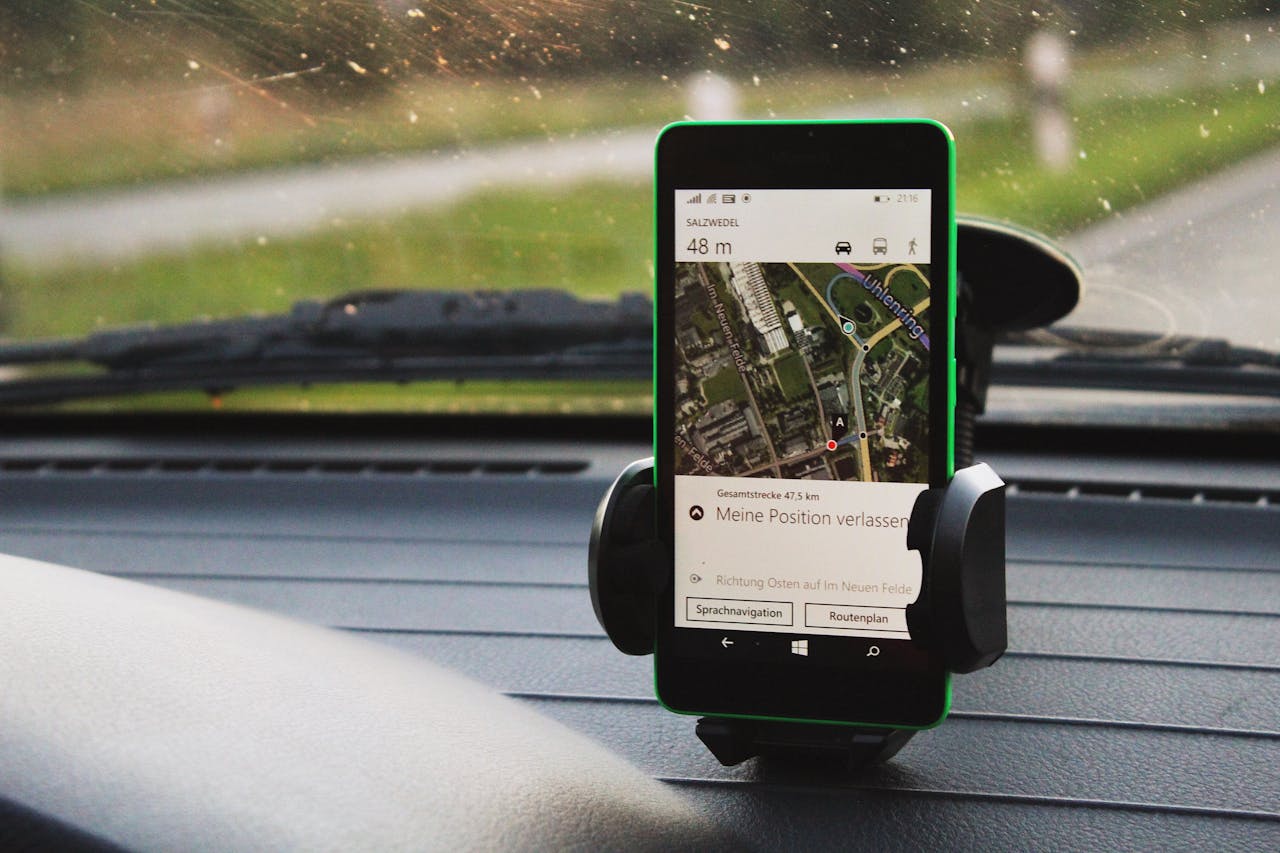
A real listing provides a full street address so you can verify location. Fake ads may list only a neighborhood or use a wrong address to avoid detection. They might include a link that leads nowhere or a shorthand like Main Street without specifics. Always paste the address into an online map to check that the building matches the photos. If the address is incomplete, missing numbers or points to a different place treat it as a red flag.
4. Requests for Wire Transfers
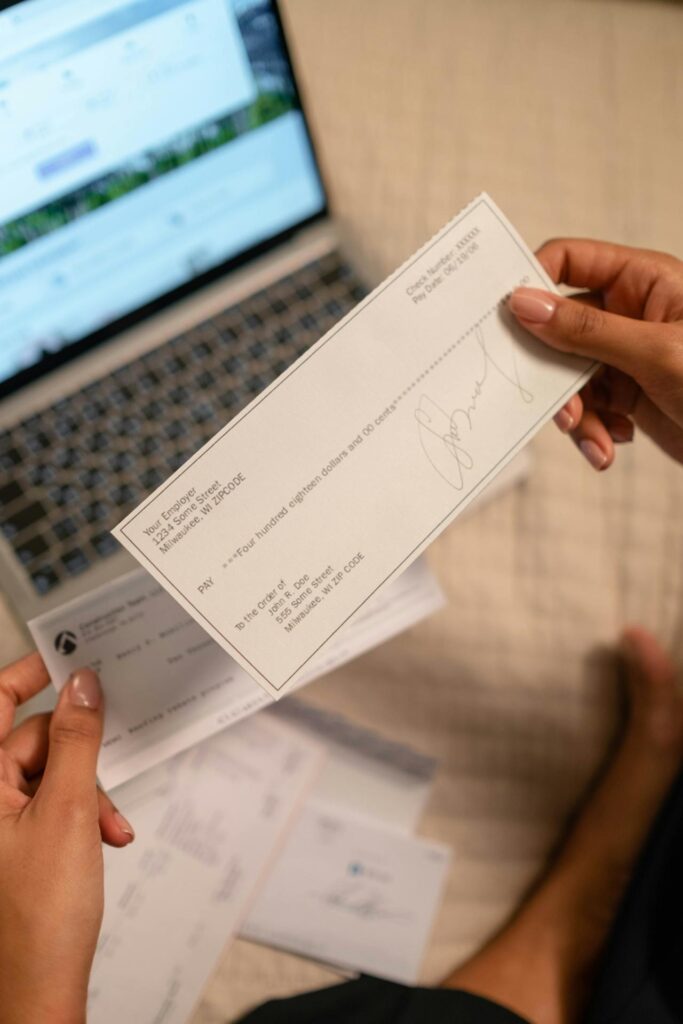
Legitimate landlords rarely ask for wire transfers before signing a lease. Scammers favor wire services because they are hard to trace and recover. They demand urgent rent or deposit transfers via unregulated outlets claiming it speeds up the process. Instead wait to inspect the unit and sign official documents before paying. Use traceable payment options tied to your bank and always get a receipt. Nontraditional payment requests often signal a scam.
5. Inconsistent Contact Info

A trustworthy listing shows consistent contact details like email, phone number and website. If the email you contact differs from the one in the ad or messages come from a personal account this is suspicious. Scammers change emails and phone numbers to avoid tracing once they receive money. Confirm that contact info matches what you find on official property management sites. When information changes or conflicts treat the listing as dubious until you verify the landlord.
6. Poor Grammar and Spelling

Professional landlords and property managers use clear language. Listings full of typos, odd capitalization and strange wording often come from scammers. They rush to post ads without proofreading. While occasional mistakes happen anyone managing multiple properties will review listings for clarity. If an ad reads like a hurried or automated translation approach with caution. Proper language shows attention to detail and suggests a real landlord caring about reputation.
7. No Lease to Sign
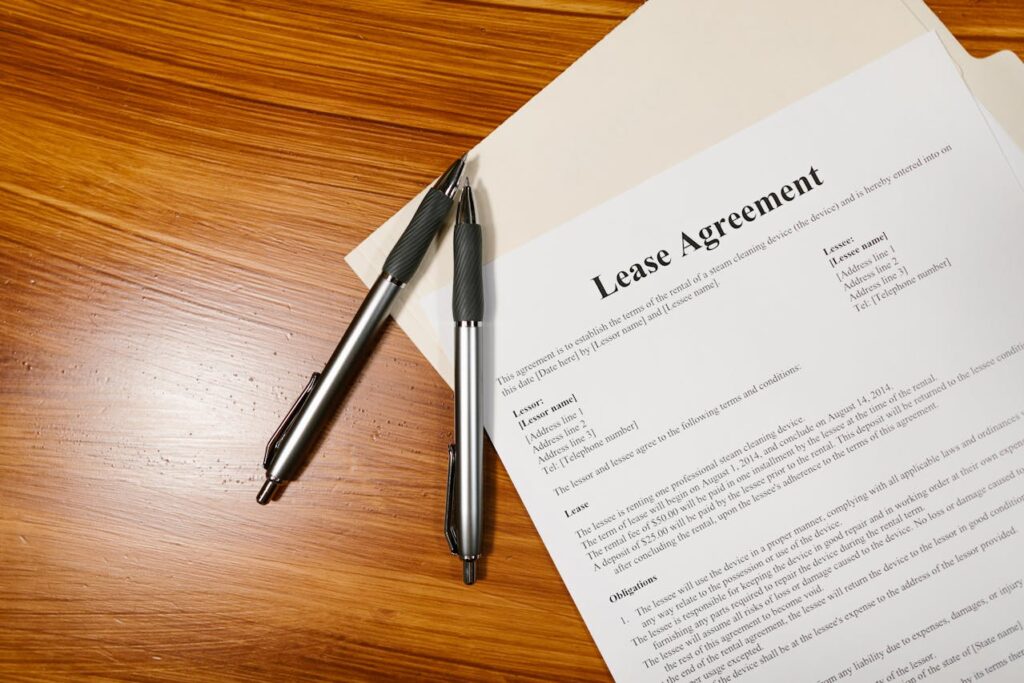
If a landlord cannot produce a formal lease agreement you risk losing both money and housing rights. Fake listings often pressure renters to pay deposits before seeing or signing any contract. Always insist on a written lease that outlines rent, duration, rules and responsibilities. Without a document you have no legal protection. A real landlord will gladly provide a lease for review. Reluctance or refusal to share a lease is a major red flag.
8. Pressure to Commit Quickly

Scammers push renters to send deposits immediately by claiming high demand. They warn that dozens of applicants are waiting and discourage inspections. Any insistence on hasty decisions without touring or time to think is suspicious. Reputable landlords understand the need for careful review. Take time to compare options and see the unit in person before agreeing. If you feel rushed step back and reevaluate the listing before sending money.
9. Cash Only Payment Request

Demanding only cash payments is outdated and unsafe. Modern renters use checks, online transfers and secure platforms. Cash leaves no paper trail and makes refunds impossible if the landlord disappears. A landlord who accepts multiple payment methods is easier to verify. If you are told cash is the only option ask why. This practice often indicates a desire to avoid traceability and suggests a scam.
10. Owner Unavailable for Viewing
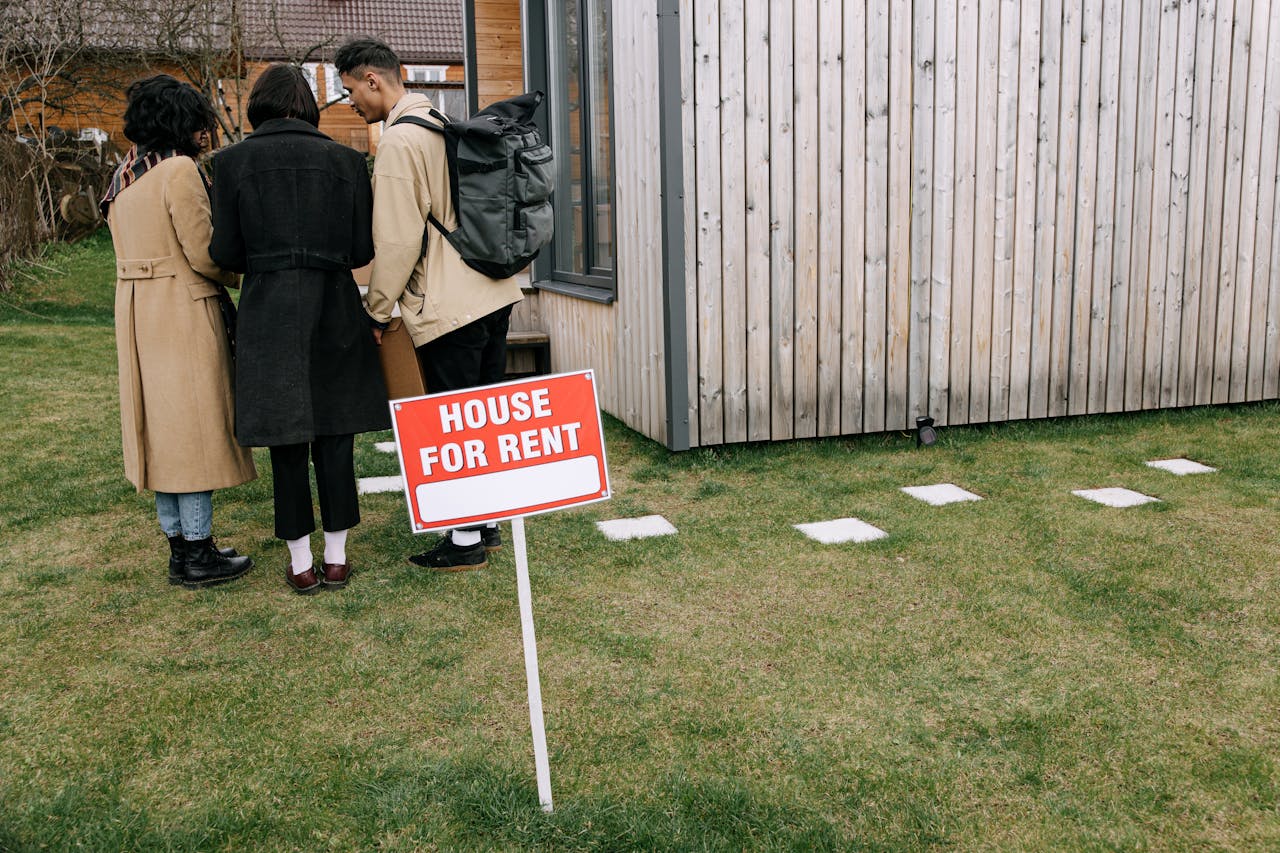
Beware when a landlord keeps inventing excuses for not showing the unit in person. They might say they are out of town, have scheduling conflicts or can only send a friend. Legitimate landlords arrange viewings regularly to find tenants. If you never meet the owner or property manager face to face plan an official showing before paying. Inspecting the apartment protects you from fraud and confirms the unit’s condition.
11. Overly Generic Listing
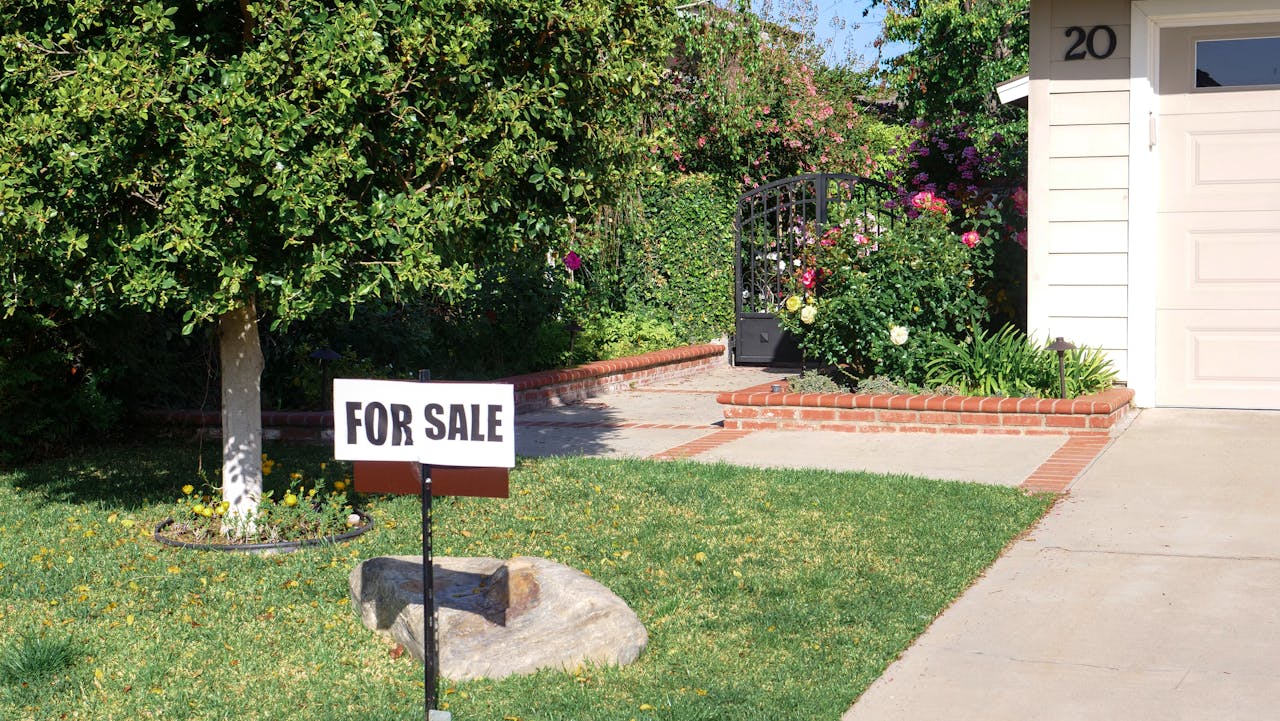
A generic ad that reads like a template and lacks details about appliances, neighborhood or building history is suspicious. Scammers copy paste the same text across multiple cities. Real listings mention nearby schools, transit options, grocery stores and special features. If every apartment description sounds identical ask for specifics. Genuine landlords know their properties and share what makes them stand out. Generic text often means the ad could serve any fake listing.
12. Missing Landlord Identification

A valid listing includes landlord or agency name, license number and contact address. If you cannot find any proof of landlord identity online or through local property records be cautious. Scammers avoid traceable credentials to stay hidden. Check registration sites, business directories and social media for matching information. When identification is missing or cannot be confirmed do not proceed. Trustworthy landlords proudly share credentials and legal standing.
Source: Via Zillow


